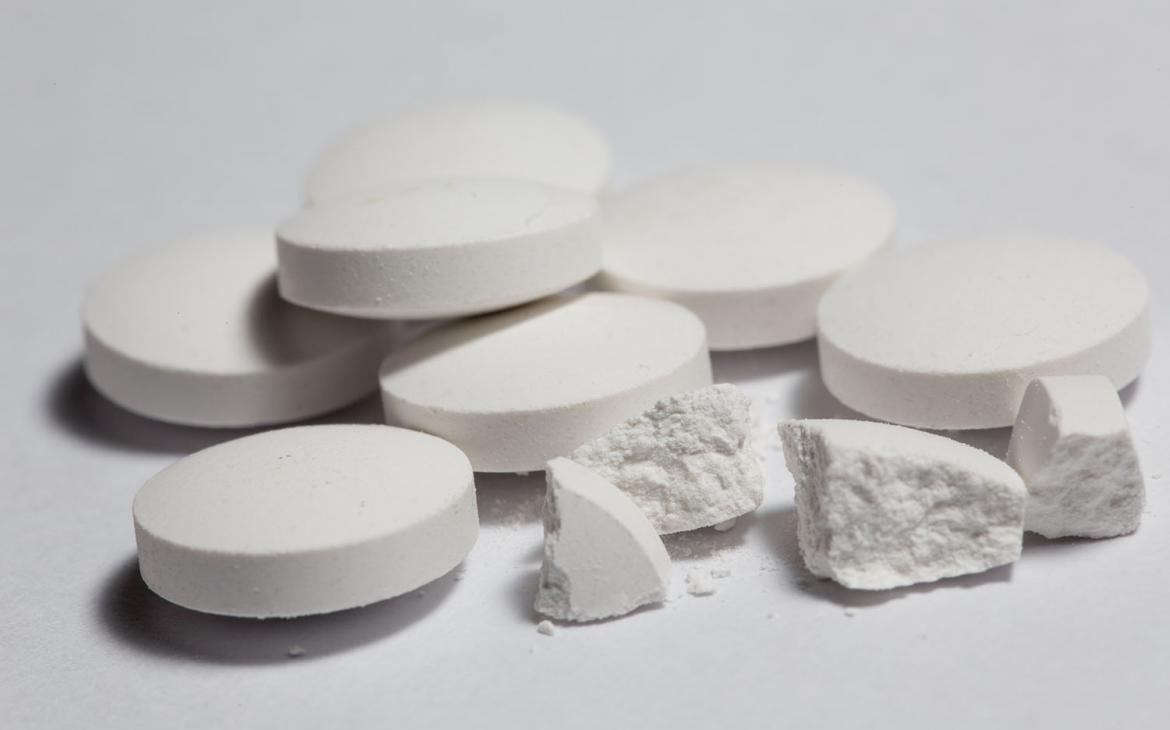
This spring, long-time USP volunteer Dennis Gorecki, Ph.D., became the latest recipient of USP’s signature Beal Award for outstanding contributions to public health while serving as a USP volunteer. USP is an organization governed by USP Convention Members who help direct its resources to the most critical health challenges. However, USP relies on its over 1,000 volunteers to improve global public health, with many directly involved in setting standards for trusted, quality-assured medicines, dietary supplements and food ingredients. I interviewed Dr. Gorecki, Professor Emeritus of Pharmacy and former Dean at the College of Pharmacy and Nutrition, University of Saskatchewan (Saskatoon, Canada), to capture his perspective on what it takes to make a difference as a USP volunteer.
Q: Dr. Gorecki, what does the Beal Award mean to you?
A: I’m humbled and honored to be named the sixth-ever recipient of the Award. At the same time, it’s a joy and privilege to be among so many great USP volunteers from around the world who are inspired to do extraordinary things every day for the benefit of public health. While one doesn’t volunteer to receive awards, being recognized is a remarkable feeling.
Q: Where do you feel you’ve had the most impact as a USP volunteer?
A: During my 30-plus years of USP volunteer service, which has included several key leadership roles, I was able to lead development of public quality standards in important areas like probiotics, vitamins and minerals. When I first joined USP, multi-vitamins and minerals had minimal standards and our subcommittee introduced tests – including those for disintegration, dissolution and content uniformity, for example – to further support trust in quality-assured products. I’ve also worked to foster collaboration and synergies across USP expert bodies and within the USP Council of Experts to facilitate the broader standards development process. And I’ve sought to encourage, support and mentor newer volunteers for the benefit of the organization and its public health mission.
Q: When did you start as a USP volunteer and how did that develop?
A: I started as a member of USP’s Subcommittee on Vitamins, Minerals and Enterals in 1990. That led to service on numerous expert bodies, including as Chair of the Dietary Supplements and Herbal Medicines Expert Committee, the Non-Botanical Dietary Supplements Expert Committee, and the <2251> Adulteration of Dietary Supplements with Drugs and Drug Analogs Expert Panel. I was also elected on two occasions to serve as a member of the Council of Experts, USP’s governing body for science and standards, and have served on the Council of Experts Nominating Committee and the Compounding Appeals Panel.
Q: Why is volunteer service like yours so important to USP?
A: For over 200 years, USP has relied on the contributions of independent volunteers to direct its work to improve the health of people around the world through public standards and related programs. Standards help governments and manufacturers ensure availability of safe, quality medicines, dietary supplements and food ingredients, and they help support patient and health provider trust. USP standards are in a continuous process of review and revision, based upon new evidence, emerging public health concerns and public requests for revision. Input from our volunteers is crucial for maintaining these high standards and preserving public trust.
Q: What qualifications does USP look for in volunteers?
A: USP volunteers all share an interest in USP’s mission to improve global public health, whether they serve on an expert body, the Council of the Convention or the Board of Trustees. Our membership includes pharmacists, scientists, academicians, regulatory professionals, healthcare practitioners and others who work with medicines, dietary supplements and foods. They bring specific and relevant expertise and a willingness to donate their time and expertise to USP’s standards-setting process, and discussions on current trends and issues affecting public health.
Q: What are the benefits of volunteering at USP?
A: I think it’s fair to say that being selected to serve as a USP volunteer can add additional prestige and distinction to a career. At the same time, it’s meaningful, rewarding work that allows volunteers to utilize their personal, professional and scientific judgment to benefit global public health. Also, I’ve developed amazing professional relationships across the globe that I cherish to this day. I’ve also had numerous opportunities to participate in committee meetings, workshops and conferences, as well as to travel, thanks to working with USP.
Thank you, Dr. Gorecki.
Readers interested in learning more about USP volunteer opportunities can find related information at callforcandidates.usp.org.

